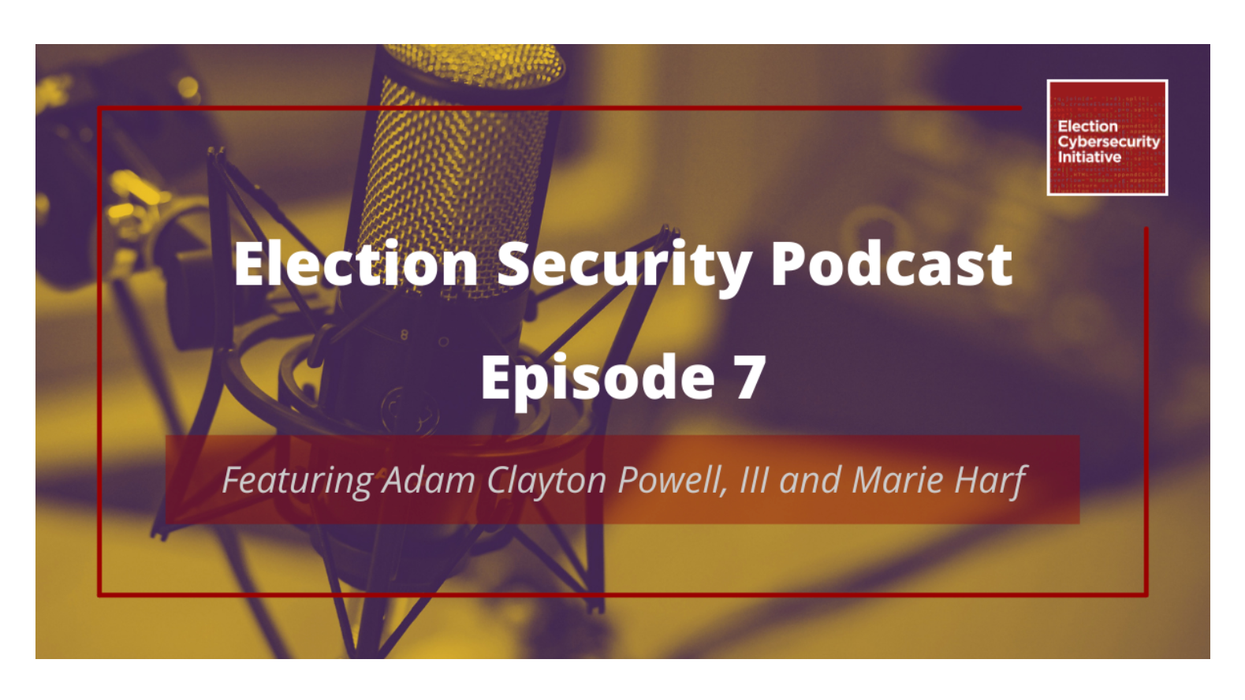In today's episode of the Election Cybersecurity Initiative Podcast, Adam Clayton Powell, III, Executive Director of the Election Cybersecurity Initiative, talks with Marie Harf, USC Election Security Analyst, as they discuss how social media platforms are changing their tactics to fight disinformation.
Podcast: USC Election Security




















